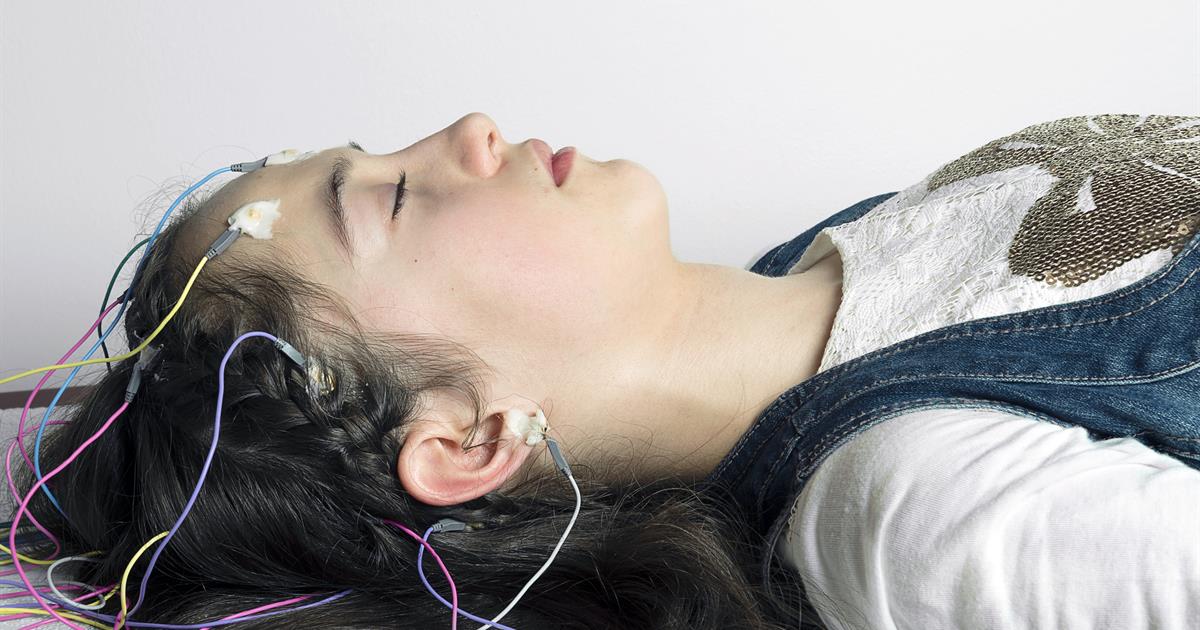Guide To Treating Prader-Willi Syndrome
Prader-Willi syndrome (PWS) is a rare genetic disorder that affects approximately one out of every fifteen thousand newborns. Less than twenty thousand cases are diagnosed in the United States each year. The condition can cause a variety of physical, intellectual, and behavioral issues. The signature characteristics of Prader-Willi syndrome are weight problems, intellectual delays, behavioral disturbances, and short stature. Prader-Willi syndrome is a significant cause of childhood obesity. Around age two, the symptomatic inability to feel full (hyperphagia) presents itself. This condition is caused by a chromosome 15 abnormality passed on by the child's father.
While there is no known cure for Prader-Willi syndrome, there are a variety of treatments patients can still try to manage their symptoms and live a full life.
Growth Hormone Therapy

Various studies have demonstrated growth hormone therapy is effective in reducing the severity of Prader-Willi syndrome symptoms. Many patients with the disorder experience poor muscle tone and body development, and a human growth hormone (HGH) treatment has been proven to positively impact physical growth while some studies even suggest an improvement in cognitive abilities and behavior. HGH treatments for Prader-Willi syndrome are approved by theFederal Drug Administration (FDA), and doctors believe even some adults with this condition can benefit from continued growth hormone therapy as their natural HGH levels are lower than their non-Prader-Willi syndrome peers.
Reveal the next treatment method for Prader-Willi syndrome now.
Physical Therapy

Between one to four years old, children with Prader-Willi syndrome begin to exhibit decreased bone density, low muscle tone (hypotonia), and a variety of other physical delays or developmental complications. From a young age, physical therapy can help combat the symptoms of Prader-Willi syndrome to improve muscle strength and increase mobility. Ongoing physical therapy can improve the condition of Prader-Willi syndrome patients throughout adolescence and adulthood as the symptoms of the disease change and present new challenges. Physical therapists can also help parents collaborate with additional occupational therapists and developmental specialists to provide equipment and materials children can use at home to improve their condition.
Learn more about treating Prader-Willi syndrome effectively now.
Behavioral Therapy

Prader-Willi syndrome can cause behavioral problems in children, which can make difficult for both them and their parents. Support for parents and caregivers is vital to ensure they can effectively manage and confront the tantrums, obsessive-compulsive disorder tendencies, and other behavioral issues that may present in a child with Prader-Willi syndrome. Behavioral therapy can help adults understand the minds of a child with Prader-Willi syndrome as well as come up with an effective positive behavior plan and rules at home. Maintaining a calm environment, enforcing clear boundaries, using positive reinforcement, and reducing anxiety in patients can help them develop stronger communication skills, greater emotional intelligence, and decrease outbursts.
Keep reading to discover how medication can help cases of Prader-Willi syndrome.
Medications

There are multiple types of medications for Prader-Willi syndrome. Some prescription drugs may be used to treat behavioral issues. Serotonin uptake inhibitors, for example, can reduce obsessive-compulsive behaviors and treat other psychotic symptoms. The mental and behavioral complications of Prader-Willi syndrome vary as does the range of treatments recommended by doctors.
The most common medications patients may be told to take are hormone-related to improve muscle tone and aid physical growth. Many children and adults with Prader-Willi syndrome develop obstructive sleep apnea. Certain medicines can worsen this sleep disorder, which can be life-threatening. It's important for parents to work with a primary physician or specialist who can ensure all treatments and therapies coincide and do not cause any potentially harmful interactions.
Continue to uncover more strategies for Prader-Willi syndrome treatment.
Sleep Studies And Treatment

Sleep disorders are common among patients with Prader-Willi syndrome. Excessive daytime sleepiness, sleep apnea, and irregular sleeping patterns can disrupt a patient's life and make it challenging to function normally throughout the day. Many patients with Prader-Willi syndrome struggle to fall or stay asleep or maintain a regular sleep cycle. Sleep studies and treatment can help address and diminish any disturbances. Regular naps may help those who experience extreme daytime sleepiness or frequently wake throughout the night. Patients with obstructive sleep apnea may be given non-invasive ventilation equipment like a BiPAP or CPAP machine.
No parent wants their child to be diagnosed with a severe illness, but there is hope. Prader-Willi syndrome is challenging for patients and caregivers alike, but it is manageable with the right treatment. Individuals who are diagnosed can live full and productive lives as long as they keep up routine self-care and stay on top of their symptoms.
Because Prader-Willi Syndrome is a spectrum disorder, treatment plans will vary. While there is, unfortunately, no cure for this condition, the increasing availability of new treatment options makes it easier for parents and patients to find a way to manage Prader-Willi syndrome and its wide array of symptoms.